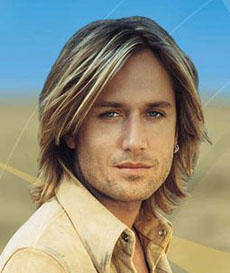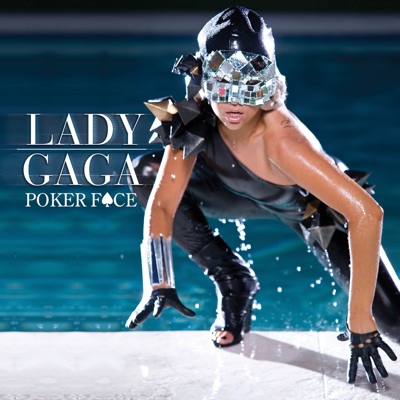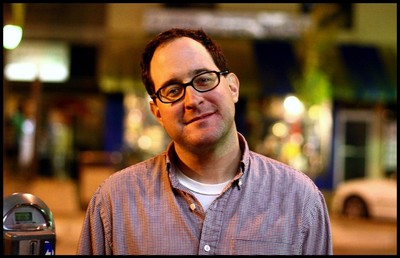Born on March 7, 1944, he was called a “derelict, a rambler and a rowdy, and more or less the greatest living songwriter in America.”
Videos by American Songwriter
Senior Editor Paul Zollo’s book Songwriters on Songwriting (Da Capo) is currently in its fourth edition. Overflowing with candid interviews, Zollo’s keen questions with 62 songwriters provides an exciting and necessary read for anyone interested in the craft. From Bob Dylan to Frank Zappa, Merle Haggard to R.E.M., these interviews are nothing short of a treasure.
Now AmericanSongwriter.com readers can rediscover some of these classic Q&A’s. Check out the Paul Zollo Blog each Friday to read excerpt from Songwriters on Songwriting. We’re proud to kick of this bi-weekly blog with a section of Paul Zollo’s interview with Townes Van Zandt.
TOWNES VAN ZANDT
Born on March 7, 1944, he was called a “derelict, a rambler and a rowdy, and more or less the greatest living songwriter in America.” The songwriter Steve Earle went even farther when he said, “He is the best songwriter in the world, and I’ll stand on Bob Dylan’s coffee table in my cowboy boots and say that.” He was a songwriter who was both mythic and obscure, a mystery to most of the world, yet considered one of the greatest by the greats themselves, by artists such as Willie Nelson, Doc Watson, Emmylou Harris, Waylon Jennings, Jerry Jeff Walker, Mickey Newbury and more.
Your songs manage to be both simple and complex at the same time.
I know what you mean, but that just happens. The one priority that I have for that sort of song is to keep it simple. To keep it as perfectly bare and simple as possible. And get it down. I never consciously try to do both at the same time.
You said “Waiting Round to Die” was your first serious song. You can’t get much more serious than that one.
I have a few others like that that I don’t play all the time. I have to watch that when I do shows. I have to stay away from that side, because nobody wants to hear blues on blues on blues.
Some writers approach songwriting like a job, going to it every morning. Do you think there’s value in that?
Well, there are some cowriting arrangements that come out, some of the strongest ever, everywhere from Lennon & McCartney to Lerner & Loewe. And it was who and Hammerstein?
Rodgers.
Rodgers. And Richards and Jagger. They all seem to be the same two people over and over and over. Two people that relate to each other over a period of years. Now it’s gotten down to cowriting with Mr. X from 4:30 to 5:30, cowriting with Mr. Y from 5:30 to 6:30, cowriting with Mr. A the following morning. I don’t know if that’ll work… but it might get you in the proper gear to go home and write a song.
When you work alone, do you find that if you stay there and keep at it, something will happen? Can the process be forced at all?
I’ve done that on a couple of occasions… At home I’ve made my number one job getting my son Will to school. I don’t go to Music Row… When I’m off the road, I’m pretty much a recluse.
I have done that with songs. A few years ago, I got a motel room here in Nashville. I brought my guitar with the express purpose of writing some songs. And I got two or three songs that way.
When a line for a song comes to you, do you sit down and write the song then, or do you store away the line and write it later?
If it’s a good line and I’m driving, I’ll store it away. If I’m around a guitar, I’ll do it right away.
Sometimes it can be a whole song and a whole verse. The core of the song will come through all at once. When that happens, I get some paper and pencil and write it down.
Do you usually write your songs from the beginning to the end or do you change the order later?
Usually. Sometimes they get real changed around. Then there’s always changes to be made, even little changes, like putting an “s” on a word.
That’s where my poetic background comes in. It seems a lot of people in Nashville write by phrase, or by the line. As opposed to writing by the word. A lot of my best songs are where every single word is where it’s supposed to be. Whereas a lot of country songs are more like everyday conversations. It’s like a paragraph that rhymes as opposed to words that fit, and come to form a big rhyme. I have a lot of songs that are written that way.
“For the Sake of the Song” was written by the word. I once sat down and wrote out the rhyme the rhyme scheme for that song, and it was amazing. Pretty complex. But it didn’t seem that complex when I was writing it.
I have a song now that I wrote on the train over in Europe. I just wrote it to see if I could sustain the weird rhyme scheme.
Do you remember writing “Pancho and Lefty”?
Yes. I was in Dallas. In a hotel room. That one kind of came from not having anything to do and sitting down with the express purpose of writing a song. I took one day and then I played what I had that night at a gig. And a songwriter told me, “Man, that’s a great. But I don’t think it’s finished.” So I went back to my hotel room the next day and wrote the last verse. The only thing I remember thinking about while I was writing it was consciously thinking that this is not about Pancho Villa.
Paul is currently working on a new edition of Songwriters on Songwriting. You can order the most recent edition, containing the full version of this interview at Amazon.com.














Leave a Reply
Only members can comment. Become a member. Already a member? Log in.